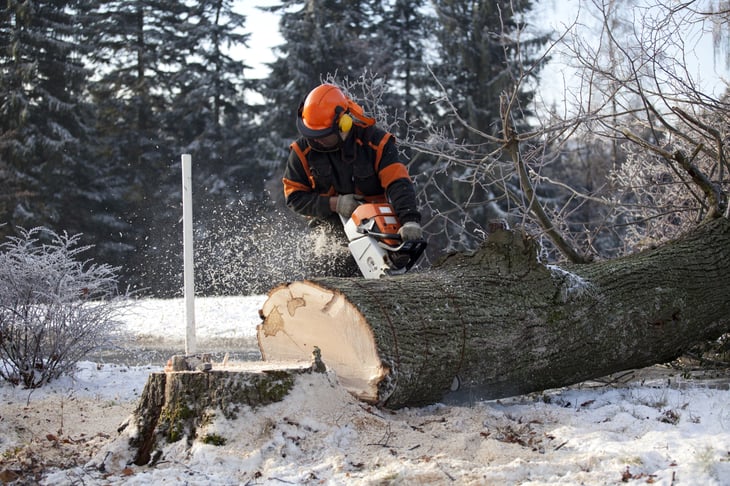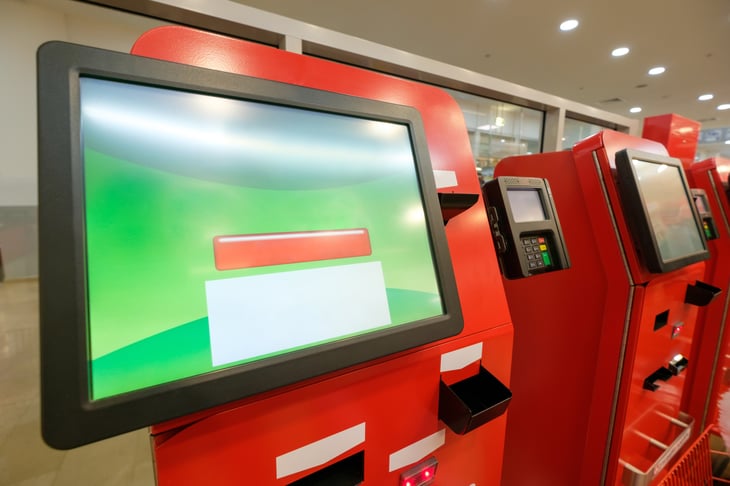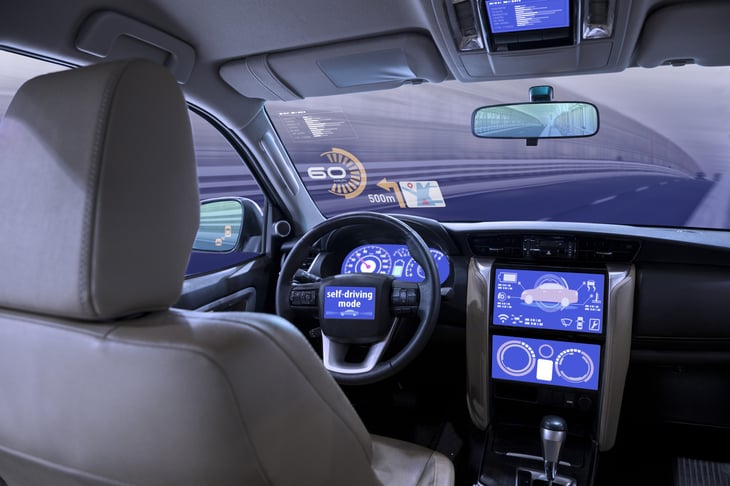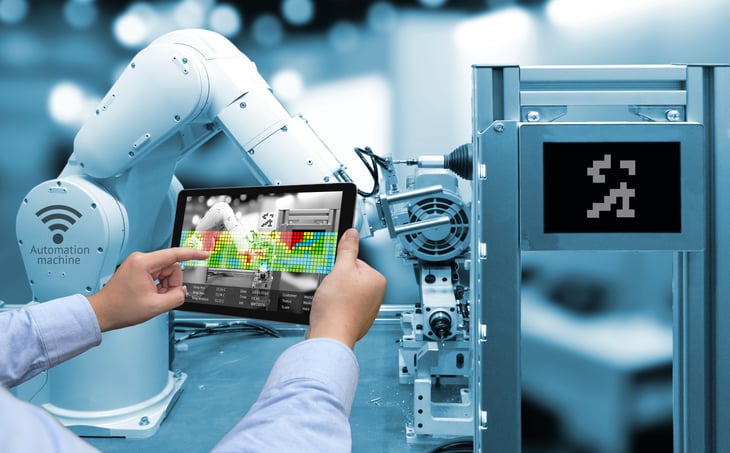Technology always seems to march onward, for better or worse. And this progress is now clearly taking a toll on traditional jobs. In fact, while many people in the past have worried about losing their jobs to immigrants or people in other countries, recent data show that it’s actually robots and automation that are stealing most of our jobs.
It’s not all bad news — technology and automation have also created new jobs and provided convenience. But, if you’re looking for a career change or a new job, you might want to think twice about these 10 areas that are already falling to robots:
1. Customer service agents and telemarketers

Artificial intelligence has made great strides in understanding how humans behave and in learning how to make suggestions. You’ve probably already used different forms of AI with services such as Apple’s Siri, Amazon’s Alexa or even a chat bot for another company. These bots are already able to help answer basic questions, which means that at some point, they may replace most human customer service phone representatives. And, with the use of algorithms and other data available online, it won’t be too difficult for these bots to sell us stuff as well, knocking out the need for telemarketers at the same time.
2. Postal workers

You might think there will always be a need for mail delivery, but with the increasing use of email, online billing and drone-based delivery, the need for a human to carry a mailbag door to door is on the wane. In fact, according to the Bureau of Labor Statistics (BLS), many post office positions — carriers, sorters, machine operators and others — already are among the fastest declining occupations.
3. Lumberjacks

Although the robots that take over this type of job aren’t the type that most people imagine when they think of robots, the felling of timber is a field that will be taken over completely by machinery and technology in the next 10 years. There are already very few practicing lumberjacks, but with new technology and automation, people will no longer be needed to carry axes or chainsaws and chop down trees.
4. Cashiers

Whether it’s at a fast food restaurant or the grocery store, it won’t be long before cashiers are replaced with robots and machines that can tally up your purchases and print out a receipt. You’ve probably already used a self-checkout line at the supermarket or a tablet to pay your bill while eating out. However, among the jobs on the list that might be replaced by robots, the fate of this one will be determined by whether or not we, as consumers, accept self-service checkout systems. Many people still prefer to check out with a human rather than a machine or robot.
5. Drivers

With the emergence of self-driving cars comes the potential for a wide array of vehicles to transport people and freight from one location to the next without a driver. Among the jobs that may be replaced by robots are bus drivers, taxi drivers, Uber drivers, chauffeurs and truck drivers. In fact, Google’s self-driving program, Waymo, has already logged one billion simulated miles. These self-driving vehicles have been undergoing testing for years, and it won’t be long before human drivers are the exception, not the rule.
6. Accountants

There are already a number of different software and app options you can use if you want to file your own taxes. In the future, there will be even less demand for accountants simply because of the automated opportunities available along with the many do-it-yourself programs. Accountants and bookkeepers are at the top of the list when it comes to jobs and positions that will be replaced by automation.
7. Surgeons

Surgical medicine has long been considered a career that is safe from automation simply because so much precision is involved. However, surgical robots already have begun making inroads and will likely end up being an essential component for a hospital’s surgical section. According to Science Alert, entirely autonomous surgical robots designed specifically to stitch up soft tissue have been shown to outperform human surgeons. That’s a sea change. Meanwhile, tiny robots have been deployed to correct vision and perform knee replacement surgeries, and these machines have been credited with more than 3 million procedures around the world.
8. Line cooks, chefs and restaurant staff

What? How can a robot know how I want my steak cooked? Believe it or not, a kitchen staffed entirely by robots isn’t that far away. In fact, many of the jobs in restaurants could eventually be replaced by robots and automation, including chefs and wait staff. Unlike some of the other jobs that will be replaced by robots, it won’t be long before actual robots with “hands,” motors, joints and sensors can prepare and serve an entire menu, depending on whether or not customers accept bot restaurant workers over a traditional dining experience.
9. Factory workers

If you need proof that factory workers are being replaced by robots, look no further than Apple and Samsung supplier Foxconn, which just last year replaced an astonishing 60,000 employees with robots. In fact, robots have already been replacing workers in factories for years, so it won’t be a surprise when this type of job is completely obsolete (for humans) in the next 10 years.
10. Farmer

It’s difficult to imagine a world without farmers, but robots will could very well take over the farming industry in the next 10 to 20 years, eliminating the need for human farmers. In fact, in Japan, the Spread Co.’s Vegetable Factory is scheduled to launch soon. This robot farm is designed to produce thousands of heads of lettuce every day, with minimal cost or human input needed. Still, although robots can carry out every aspect of farming from watering the harvest to transplanting the crops, it might take longer for robots to take over the farming industry in areas of the world where human labor is abundant and cheap.
How do you think society will adjust to growing automation? Share your thoughts in comments below or on our Facebook page.




Add a Comment
Our Policy: We welcome relevant and respectful comments in order to foster healthy and informative discussions. All other comments may be removed. Comments with links are automatically held for moderation.